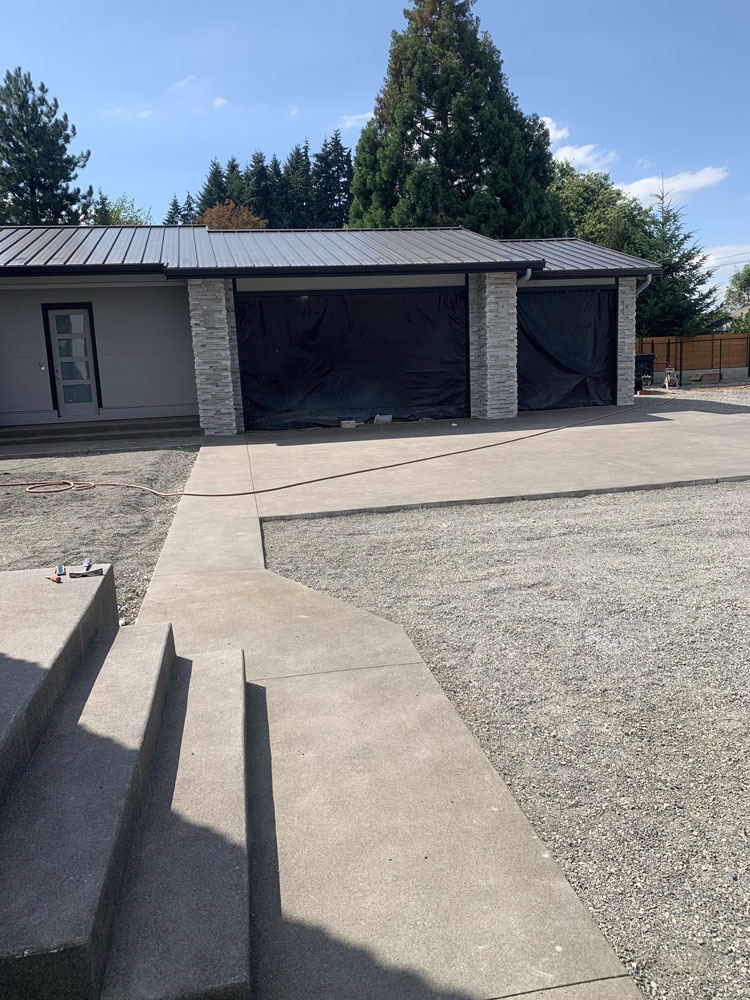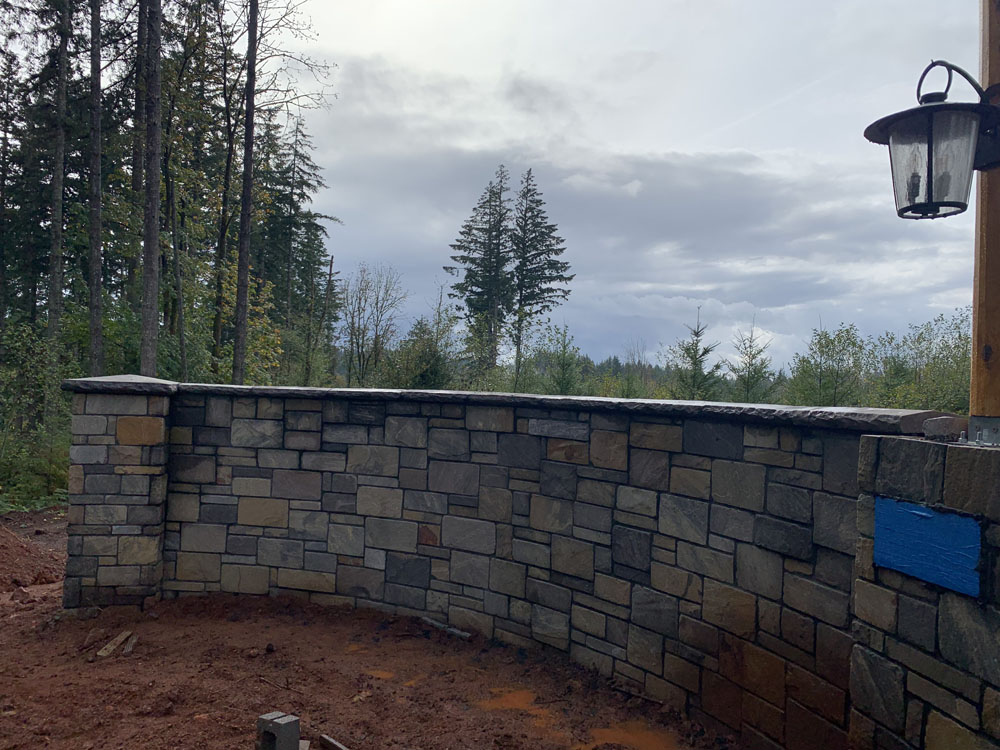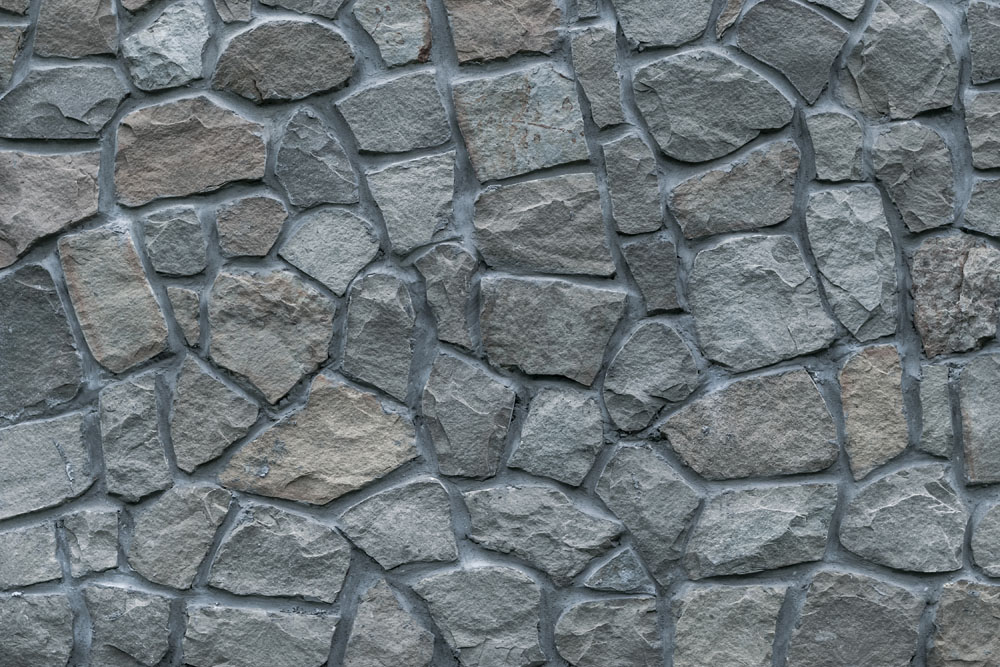Introduction
When it comes to maintaining the aesthetic and structural integrity of your brickwork, homeowners often face a common dilemma: should they opt for brick repair or full replacement? This decision can be quite daunting, especially if you're not well-versed in masonry. Fortunately, with the help of an experienced masonry contractor, you can navigate this complex choice more easily. This article will delve deep into the factors influencing whether to repair or replace brickwork, providing you with a comprehensive guide.
Brick Repair or Full Replacement? A Decision Guide from Your Masonry Contractor
When considering the maintenance of your brick structures, understanding the nuances between repair and replacement is crucial. Each option comes with its own set of benefits and challenges that need careful evaluation. The expertise of a masonry contractor can make all the difference in determining the best route for your specific situation.
Understanding Brick Damage
Types of Brick Damage
Before diving into repairs or replacements, let’s explore what kind of damage might necessitate action.

Evaluating Structural Integrity
Signs You Need a Professional Assessment
Not sure whether your brickwork needs attention? Here are some signs that warrant calling in a masonry contractor:
- Visible cracks larger than 1/8 inch Loose bricks Water pooling near foundations Doors and windows sticking
The Role of Your Masonry Contractor
Why You Should Consult an Expert
A qualified masonry contractor has the experience and knowledge necessary to properly assess your situation. They can identify issues that may not be immediately apparent to homeowners and provide tailored solutions based on their expertise.

Cost Considerations: Repair vs Replacement
Understanding Budget Implications
One of the most significant factors in deciding between repair and replacement is cost:
| Aspect | Estimated Cost Range | |-------------------|---------------------| | Brick Repair | $200 - $2,000 | | Full Replacement | $5,000 - $20,000 |
Keep in mind that while repairs may seem cheaper upfront, they could lead to more extensive issues down the line if not done correctly.
Longevity and Durability Factors
How Long Will Each Option Last?
- Repairs: If done correctly by an experienced masonry contractor, repairs might last anywhere from 5 to 15 years depending on various factors like climate. Replacement: New bricks installed properly can last over 50 years!
Aesthetic Considerations
Maintaining Curb Appeal
If appearance is important to you (and let's face it—who doesn't want their home looking its best?), consider how each option will affect your home's aesthetics:
- Brick repairs may leave visible patches. Full replacement allows for uniformity but involves significant investment.
Environmental Considerations
Sustainability Matters
Did you know that repairing existing bricks is generally more eco-friendly than replacement? By opting for repairs when possible, you're reducing waste and supporting sustainability efforts.
Local Building Codes and Regulations
What You Need To Know
Before making any decisions regarding brickwork, check local codes! Some areas have strict guidelines regarding structural changes—your masonry contractor will be familiar with these regulations.
Your Home’s Location Matters
How Climate Influences Your Decision
Brickwork longevity can greatly depend on where you live:
- Coastal areas may experience salt erosion. Wet climates could lead to moisture-related issues more quickly.
Your masonry contractor will consider these environmental factors when advising on repairs versus replacements.
DIY vs Professional Help
Can You Handle It Yourself?
While some homeowners might be tempted to tackle minor repairs themselves, improper handling can exacerbate issues:
Lack of expertise Risk of further damage Safety hazardsIt’s always wise to consult with or hire a professional masonry contractor for anything beyond simple touch-ups.
Long-term Maintenance Tips
Keeping Your Brick Work Healthy
To ensure your brick lasts as long as possible after either repairs or replacements:
Regular inspections Clean gutters & downspouts Apply sealant every few yearsThese small steps go a long way in preserving your investment!
FAQs About Brick Repair vs Replacement
FAQ 1: How do I know if my bricks need repair?
Look for visible cracks larger than 1/8 inch or loose bricks; these are clear indicators it's time for an assessment by a masonry contractor.
FAQ 2: Can I just replace individual damaged bricks?
Yes! Individual bricks can be replaced without replacing entire sections; however, it's essential that this work is done correctly.

FAQ 3: What are the risks associated with delaying repairs?
Delaying necessary Ramos Masonry Construction Company Masonry Contractor In Oregon City repairs can lead to more extensive damage that could require full replacement down the line—this means higher costs!
FAQ 4: Is it worth repairing older brick structures?
Yes! Many older structures have historical value; repairing them preserves this while ensuring safety and durability.
FAQ 5: How long does it take for brick repairs?
Most minor repairs can be completed within a day; however, extensive work may take longer based on conditions found during inspection.
FAQ 6: What should I ask my masonry contractor before starting work?
Inquire about their experience with similar projects, timelines for completion, warranty options on work performed—and don’t forget those cost estimates!
Conclusion
Deciding between brick repair or full replacement isn't always straightforward; however, armed with information and insights from a skilled masonry contractor makes this choice clearer than ever before. Remember to weigh all factors—costs, longevity expectations, aesthetic preferences—and don't hesitate to seek expert advice tailored specifically for your situation. By taking proactive measures today regarding your brickwork's health and integrity—you’re investing in peace of mind tomorrow!